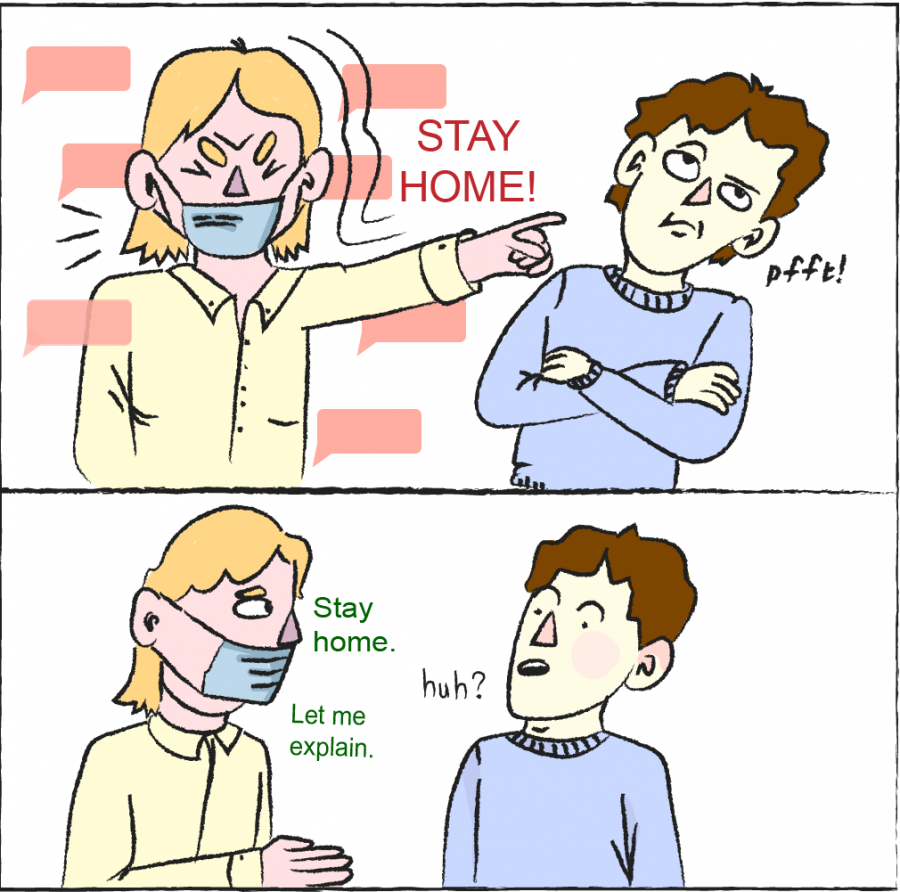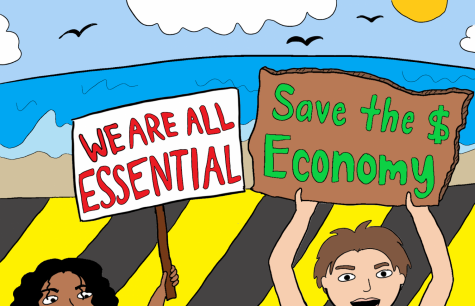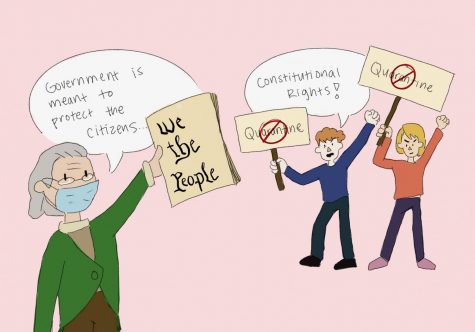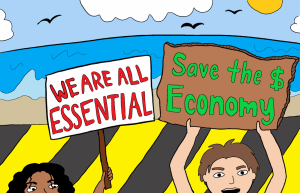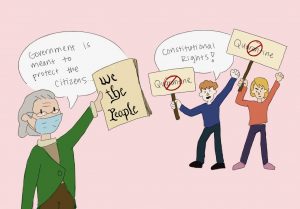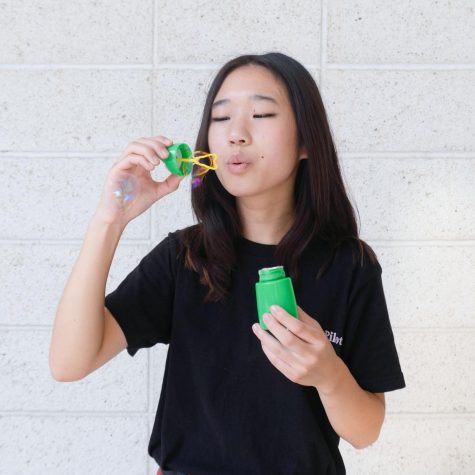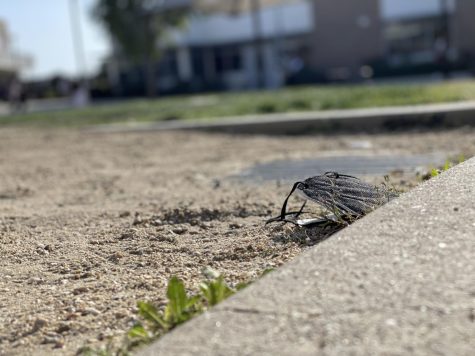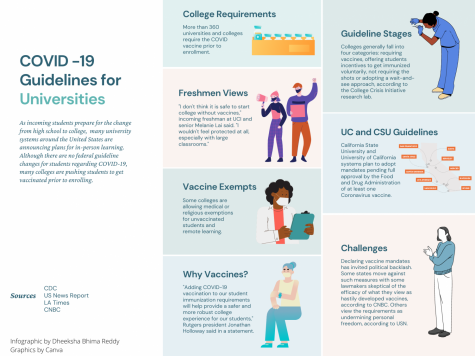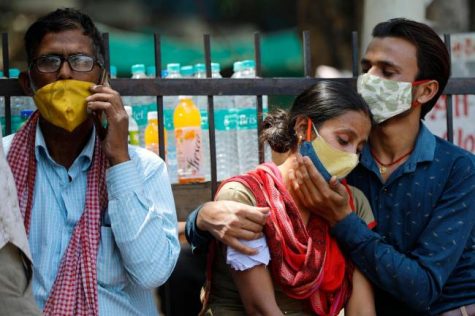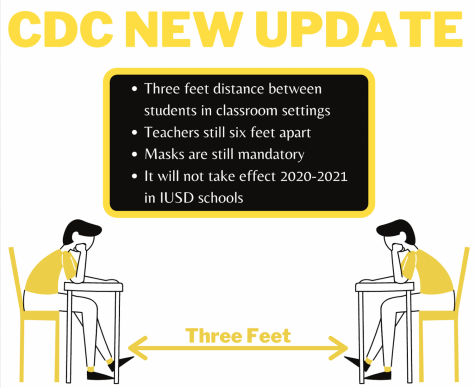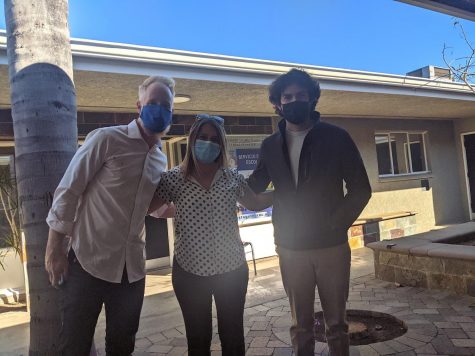“Quarantine Shaming” Needs to Stop
While accounts that shame people on social media may have good intentions, social media users often do not know the full story behind others’ choices. According to sophomore Michael Kwon, some students were reposted on troll accounts even if they were following social distancing guidelines or spending time outside with their families.
May 29, 2020
Despite the widespread support for Gov. Gavin Newsom’s stay-at-home order issued on March 19, many California residents, including those from Irvine, continue to resist these restrictions. In response to this behavior, an overwhelming amount of social media slander has surfaced, ranging from “call-outs” on Snapchat stories to making Instagram accounts dedicated to “quarantine shaming.”
Though their intentions may be genuine, those who want to protect their communities from COVID-19 should not turn to low-grade cyberbullying to do so.
Internet usage has soared during lockdown, especially among millennials and Generation Z: over 65 percent of people under 34 have reported using social channels more often during quarantine, according to media analysis company Kantar. Young activists have also turned to the familiar platform to champion social distancing.
Recently, much of this advocacy has turned extreme. Many students are reposting pictures of their peers on Instagram and Snapchat without their consent, often with hateful messages attached.
Troll accounts like “@stay_tf_inside” on Instagram (which was deleted within a few days) were created specifically to embarrass and scare students who went outside. Some are even going so far as to say these people deserve to contract COVID-19 for meeting up with friends or spending time at the beach.
“I was reposted on [an] account for going to the beach, which at the time was completely fine, and there was nothing that said I couldn’t do it,” sophomore Andrew Cherry said. “I was social distancing and following the law. There was nothing illegal about what I did, and it is part of my daily routine.”
Publicly targeting people only shows contempt for their actions, not concern for their wellbeing. “Quarantine shaming” is both ineffective and inconsiderate of others’ privacy — not to mention it creates unnecessary drama over an issue that could be resolved discreetly between individuals.
This immature behavior also reflects poorly on the entire social distancing cause, undermining the efforts of others who choose to approach the issue with empathy and sophistication.
“From a personal standpoint, I understand the frustration with the idea that others get to go out while others stay home, but publicly humiliating others into doing so isn’t right,” freshman Acelyn Nguyen said. “There are other options instead of degrading those who go out.”
Yes, social distancing is extremely important, and those who actively refuse to stay at home are endangering themselves and others. But there are far more practical alternatives to confronting the problem.
According to research psychologist Courtney Ackerman, it is much easier to encourage positive behavior than to discourage negative behavior, making reinforcement a more effective method than punishment. When an individual feels personally attacked, they are not likely to be receptive to the advice of their attacker. In fact, they may act in the opposite manner just to be defiant.
If you want to encourage your peers to continue social distancing, you should reach out to them personally. People are oftentimes more willing to change for somebody who they know cares about them. Offer to video chat or play online games with them if they are feeling lonely or bored. Being firm in your beliefs does not mean you have to sacrifice your kindness and humanity, values which are more important than ever in these times of crisis.



